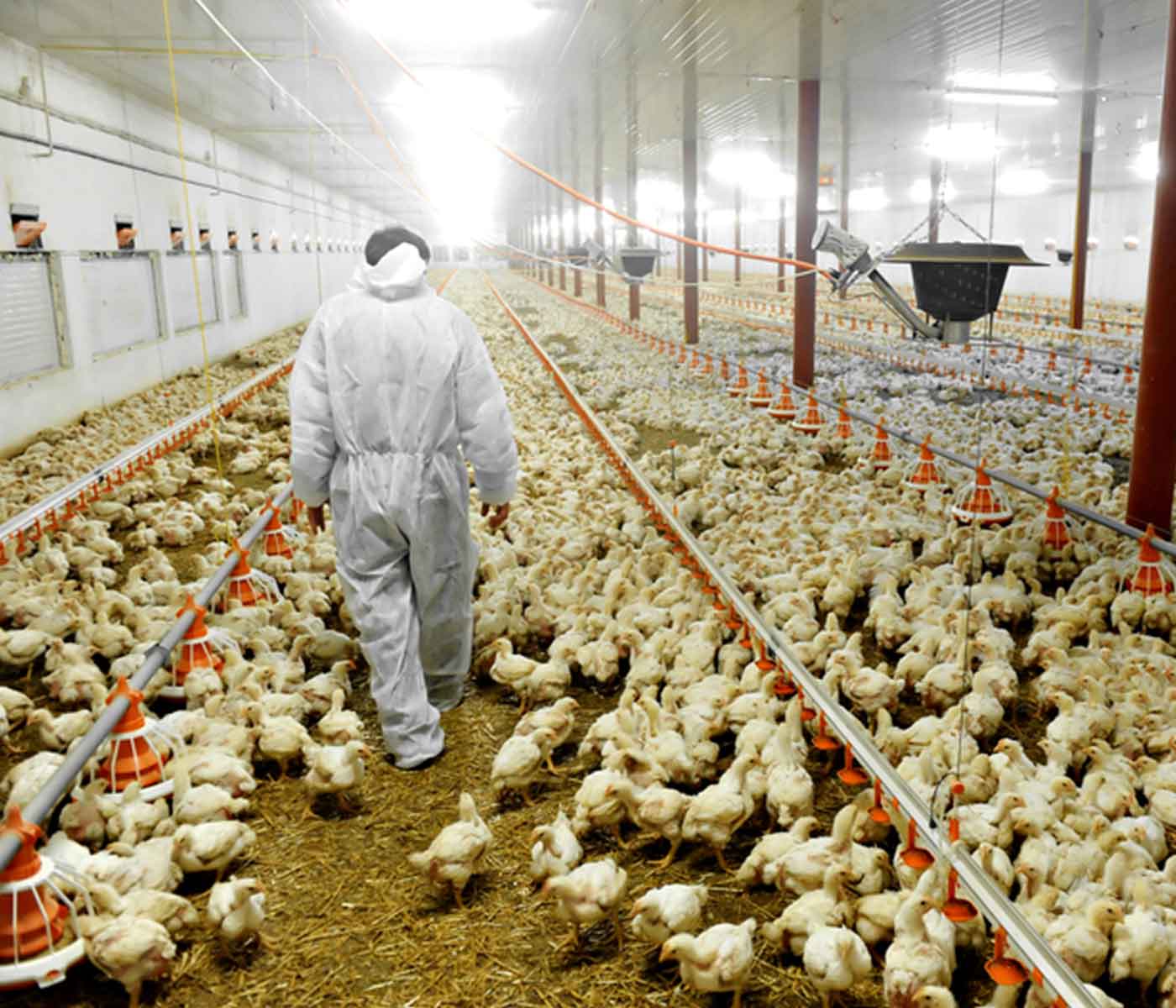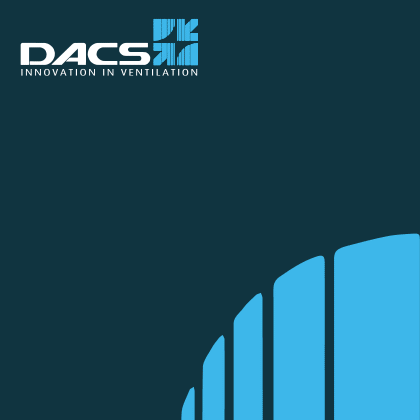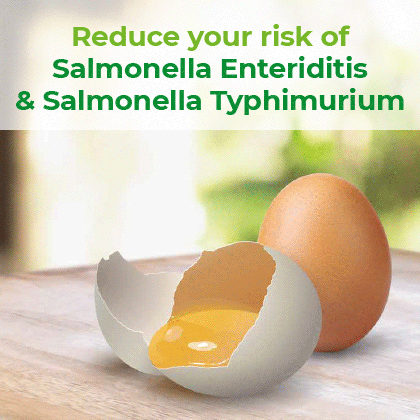Content available at: Español (Spanish) Português (Portuguese (Brazil))
What is critical about any biosecurity program is that you really have to commit to applying it on your farm and making sure it is consistently practiced by everyone in the company without exception.
In many cases, when everything is said and done, more is said than is actually done. Before you start to think that this article is about what your “neighbor” should be doing, and not you, please read on… Although this article is not about environmental management, it is important to remember that when turkeys are stressed or their natural defenses are endangered by exposure to ammonia, dust or unhealthy water, it is easier for a smaller number of bacteria to affect the health and performance of our flocks.
When there are many farms in the same area, it is important that everyone participate with similar programs as a cooperative effort to reduce the risk of disease.
Some diseases are more farm-specific, such as E. Coli or Bordetella, and do not spread easily from one farm to another, while others such as Avian Influenza, Newcastle and mycoplasmas spread easily from one infected farm to another and require the efforts of all contaminated farms to eliminate these agents.
1.- Obtain an exact diagnosis of the disease
In order to know the best way to eliminate a disease, we have to know which agent or agents were involved. Is it only E. coli that caused the problem or was the flock also exposed to Bordetella or Newcastle previously? If we want to get rid of E. coli problems we also have to tackle other pathogens that open the door to E. coli. Some pathogens have unique strengths and susceptibilities. Knowing what the agent is capable of will put you in a better position to focus efforts to remove it from the farm.
EXAMPLE
Clostridia that causes dermatitis / cellulite can form spores making them virtually indestructible, while E. coli and Salmonella are sensitive to most contact disinfectants.
DIFFERENT DISEASES ARE TRANSMITTED BY DIFFERENT VECTORS
In the case of Avian cholera, the main sources are rodents or other four-legged pests, while for Bordetella the focus would be on the water system.
2.- When a disease outbreak occurs, the current biosecurity program should be reviewed to ensure that it is being followed correctly
This means that you must have a written biosecurity program that includes standard operating procedures (SOPs) for anything and anyone crossing the boundaries from the dirty area to the clean side of the farm’s facilities, in addition to having specifications for the sanitary program. Ensuring that procedures are performed correctly can mean the difference between successful removal of a pathogen and failure. Many times it is not what was done, but how it was done. Many excellent programs fail because they were not applied correctly.
EXAMPLE
The lack of efficiency in cleaning and disinfecting the water system in the house may be because the wrong product was used, or the wrong concentration, or was implemented at the wrong time. If the program is followed correctly but the problems with the disease continue, it means that the program has to change. Pathogens continue to adapt, evolve, and become more resistant, which means that our programs to eliminate them must do the same.
3.- Every time the flocks leave the farm, there is a brief opportunity to eliminate pathogens
It is important to maximize the effective sanitary rest time, which corresponds to the number of days that a clean and disinfected house remains empty.
The program may need to be customized for a specific pathogen, but
Keep up to date with our newsletters
Receive the magazine for free in digital version
REGISTRATION
ACCESS
YOUR ACCOUNT
LOGIN
Lost your password?













